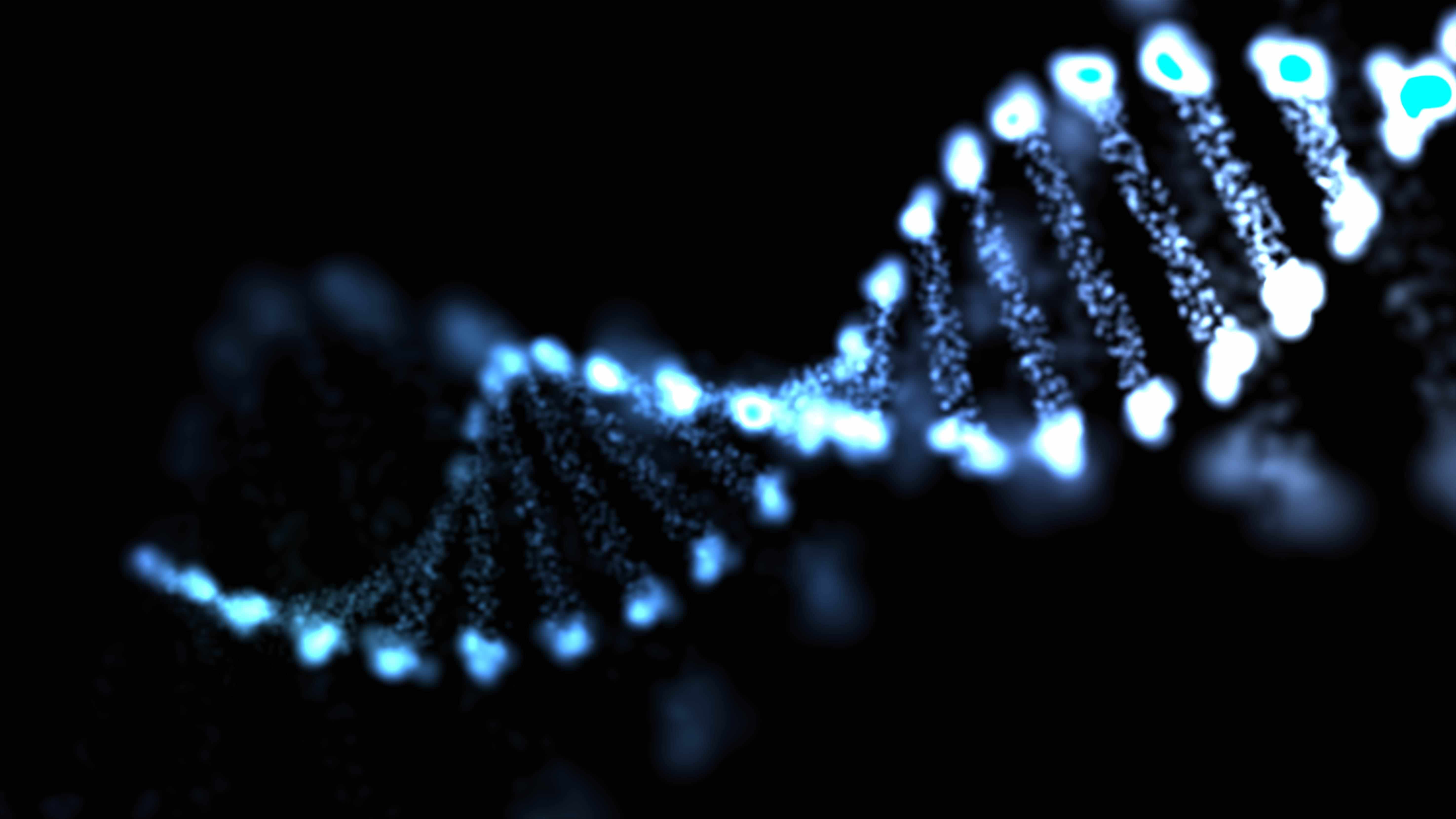-
Featured News
Single mutation in recessive gene increases risk of earlier onset Parkinson’s disease
 JACKSONVILLE, Fla. — A collaboration of 32 researchers in seven countries, led by scientists at Mayo Clinic’s campus in Florida, has found a genetic mutation they say confers a risk for development of Parkinson’s disease earlier than usual.
JACKSONVILLE, Fla. — A collaboration of 32 researchers in seven countries, led by scientists at Mayo Clinic’s campus in Florida, has found a genetic mutation they say confers a risk for development of Parkinson’s disease earlier than usual.
The major study, published in Brain, is important because the risk comes from a single mutation in the PTEN-induced putative kinase 1 (PINK1) gene. Investigators had believed that this rare form of Parkinson’s developed only when a person inherited mutations in both PINK1 alleles (one from each parent).
“We know that if you have mutations in both copies of PINK1, age at onset of Parkinson’s will usually be younger than 45. This study showed that if a person inherited a specific mutation in just one PINK1 gene, the disease could develop at about age 55 or so. By contrast, the most common, nonfamilial forms of Parkinson’s develop at about age 65,” says the study’s senior investigator, Wolfdieter Springer, Ph.D., a neuroscientist at Mayo Clinic’s Florida campus.
Genetic studies had suggested that a single mutated PINK1 allele might confer an outsized risk of the developing the disease. It took a “very effective synergetic” effort of clinical, structural and cell biologists, along with geneticists and data from thousands of affected patients, to show how it led to earlier disease development, Dr. Springer says.
“It took a real international collaboration to solve this puzzle,” he says.
Journalists: Sound bites with Dr. Springer are available in the downloads.
MEDIA CONTACT: Kevin Punsky, Mayo Clinic Public Affairs, 904-953-0746, punsky.kevin@mayo.edu
PINK1 works with another gene, PARKIN, to ensure that mitochondria in neurons remain healthy. The mitochondria are the cell’s power plants, and many brain disorders, including Parkinson’s, are characterized by disruption in energy production in neurons.
When functioning, proteins from both genes work together to ensure the safe disposal of damaged mitochondria from the cell. They do this by producing a protein marker that labels damaged mitochondria that need to be destroyed. This procedure is part of an elaborate “quality control” system for mitochondria.
“The mitochondria are like a cell’s nuclear power plant that provides fantastic energy when they are running well,” Dr. Springer says. “But, when something goes wrong, the result can be catastrophic for the brain cell, causing neurodegeneration.”
Mutations in both PINK1 alleles (or copies) or in both PARKIN alleles mean that the PINK1-PARKIN pathway cannot function, and damaged mitochondria accumulate in a neuron, leading to its death.
This study showed that a specific mutation (p.G411S) in one copy of PINK1 substantially impairs this same pathway by inhibiting the protein produced from other healthy PINK1 allele. “This rare mutation has an outsized effect, and the remaining levels of functional PINK1 protein are not enough to cope with damaged mitochondria,” Dr. Springer says.
The findings could have implications for other neurodegenerative disorders, many of which feature mitochondrial damage, he says.
The study had started with genetic findings when one of the lead authors, Andreas Puschmann, M.D., Ph.D., of the Department of Neurology, Skåne University Hospital, Sweden, was a visiting scientist at Mayo Clinic. Additional structural and cell biological data then provided the sought-after mechanism to explain the observed phenomenon.
In addition from scientists in the U.S. and Sweden, researchers from Poland, Norway, Ireland, Ukraine and Australia participated in the study.
Dr. Springer is partially supported by the National Institutes of Health, National Institute of Neurological Disorders and Stroke [R01 #NS085070], the Michael J. Fox Foundation for Parkinson's Research, Foundation for Mitochondrial Medicine, Mayo Clinic Center for Regenerative Medicine, Mayo Clinic Center for Individualized Medicine, Center for Biomedical Discovery, Marriott Family Foundation, and a Gerstner Family Career Development Award. Dr. Puschmann is partially supported by the Swedish Parkinson Academy, the Swedish Parkinson Foundation (Parkinsonfonden), governmental funding for clinical research within the Swedish National Health Services, and the Bundy Academy (Lund, Sweden).
###
About Mayo Clinic
Mayo Clinic is a nonprofit organization committed to clinical practice, education and research, providing expert, whole-person care to everyone who needs healing. For more information, visit http://www.mayoclinic.org/about-mayo-clinic or https://newsnetwork.mayoclinic.org/.







